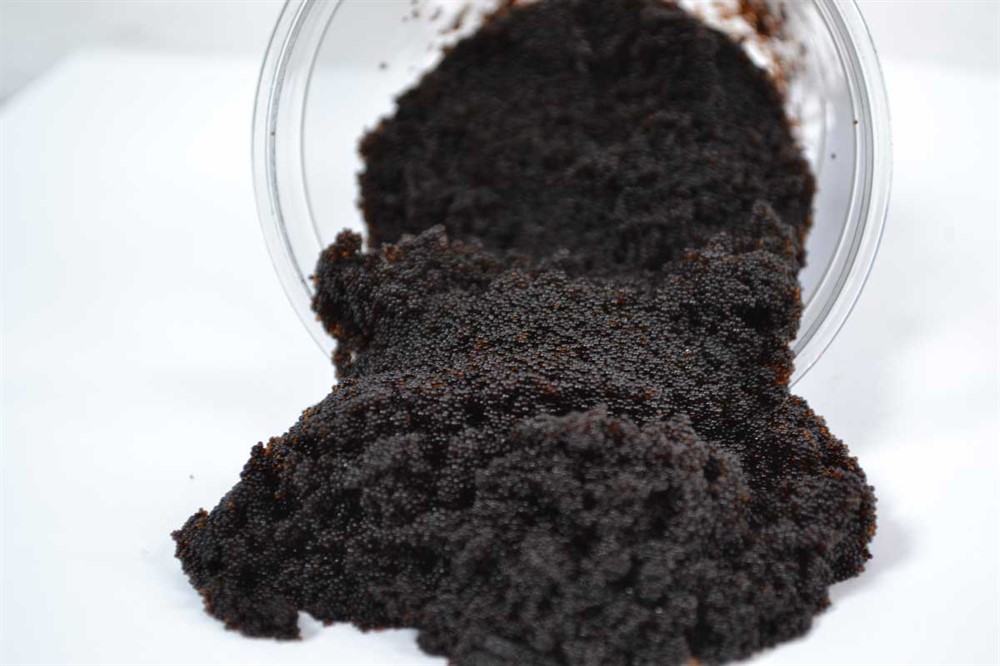Weak Acid Cation Resin C104PLUS, H+, Porous
Pricing temporarily unavailable due to potential impact of tariffs. Please contact us for a quote.
Email a Friend
Stock Notice
Not enough Inventory? Submit your email address and desired total quantity below, and we will notify you when stock arrives.
Purolite C104Plus is a premium industrial grade, porous, polyacrylic, weak acid cation exchange resin. . The functional groups of the carboxylic type give high chemical efficiency in many applications, especially for the removal of bicarbonate alkalinity in water treatment, showing good rates of exchange.There are many applications for this type of resin, but dealkalization is the principal application in industrial water treatment. Dealkalization using ion exchange resins removes temporary hardness (calcium and magnesium ions that are present in almost all natural raw waters and are associated with bicarbonate or alkalinity) and can be performed in two ways. First, it can be done in conjunction with a degassing tower and water softener to produce lower TDS totally softened water. Here, the degasser also removes bicarbonate from the water, which has been converted to carbonic acid by the resin. Second, resin can be part of a demineralization plant where the resins not only remove temporary hardness but also reduce acid consumption, which leads to a reduction in system operating costs.
Because it has a lower density than the conventional strong acid resins, Purolite C104Plus is ideal for use in layered beds (Doublite) which can be economically regenerated by an upflow counter-current technique. This product has also been used to selectively recover transition metals from aqueous solutions.The resin is insoluble in acids, alkalies, and all common solvents. Its physical characteristics are outstanding, and oftenpermit its use where a macroporous resin might otherwise be indicated. Hence Purolite C104Plus may be operated successfully at relatively high temperatures, e.g. in sugar treatment. However, the macroporous polyacrylic weak acid cation exchanger Purolite C106 is generally recommended where it is required to work between the acid and the highly-swollen alkali salt form (for example in the treatment of ammoniacal condensate waters or high solids softening). Weakly acidic cation resins are increasingly being used in special applications including treatment of waste water streams in order to reduce environmental pollution.



